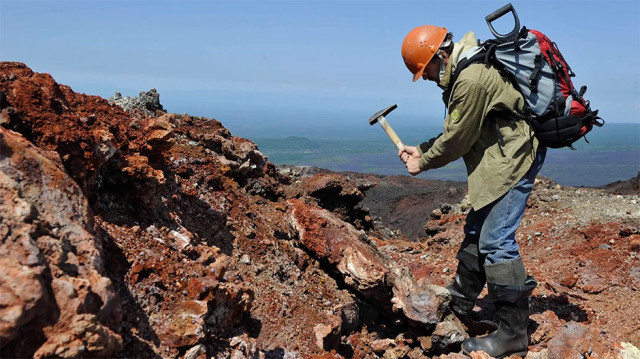
A unique production facility to recycle used vegetable oil is planned to be launched in Kazakhstan. The by-product can be applied everywhere. For example, in the agricultural sphere, such raw materials can be used to make lubricants for agricultural machinery, animal and bird feed, as well as paints and lacquers, soap, and even biofuel. The project was developed by scientists at Seifullin Kazakh Agrotechnical University.
“Nowadays, there is a large amount of stored used vegetable oil from the public catering network. All these oils are drained into the sewer, thus polluting the environment, and posing a risk to human health. It also increases production costs. We have been working in this field for a long time and this idea has been around for a long time. It literally took us six months to complete this research work and take part in the commercialization competition. It is done on a proactive basis,” noted Zhuldyz Satayeva, project author and scientist.
Astana investors already express their interest in the know-how invented by domestic scientists. They are ready to invest more than 90 million tenge in the launch of the new production facility.
“I would like to express my gratitude to the Science Fund for inviting me to the Business Incubator. I myself am involved in the vegetable oil business, so I want to invest in new innovations and technologies in order to introduce them later into our production. I am interested in the regeneration of used cooking oil, feed production and paintwork. We would like to export this technology, which has no equivalents in Kazakhstan, to the neighboring countries, such as Uzbekistan and Russia. The production will be in the city of Astana,” said entrepreneur Almas Suleimenov.
The Science Fund actively assists in the commercialization of the scientific inventions of Kazakh scholars. It acts as an operator of the grant funding program for the implementation of knowledge-intensive production in the country. This work involves domestic investors who are interested in helping scientists to launch their projects.
“It is a targeted grant, designed to support domestic scientists and inventors, but in order to attract businesses, we have included a mandatory requirement of co-financing, which enables them to attract businesses to the implementation of these projects on mutually beneficial terms. Scientists are offered the most comfortable conditions to earn money together with business,” said Kurmangazy Omarov, Director of the Department for Investments and New Projects of the Science Fund.
The club of business partners founded by the Science Fund includes more than 170 entrepreneurs. Recently, they made an agreement to launch five new high-tech production facilities in the capital at a meeting with developers.









